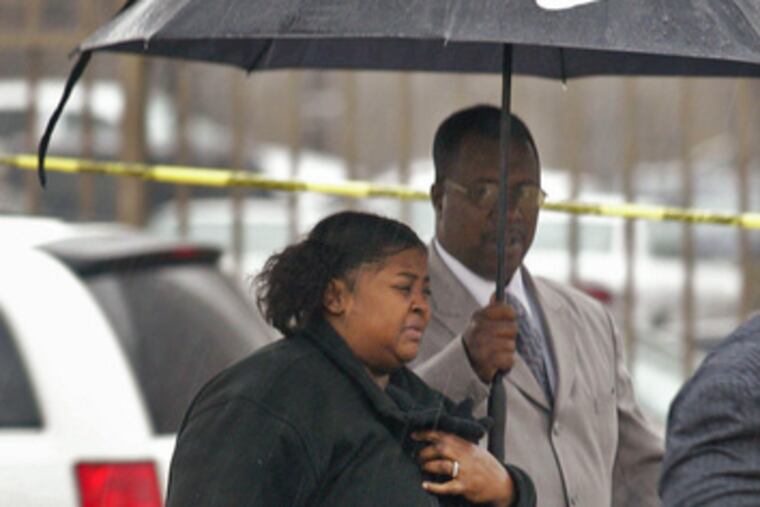Sister Souljah promotes book, self-respect
Sister Souljah, the activist, former hip-hop performer and best-selling author, does not think much of the current state of hip-hop.

Sister Souljah, the activist, former hip-hop performer and best-selling author, does not think much of the current state of hip-hop.
She said many of today's performers display an ignorance about the world and about themselves.
"What I see is a lot of loveless-ness," Souljah told a small gathering at a North Philadelphia community center near Temple University.
"In order for it to have power, you have to have a love even for the art of storytelling," said Souljah, an early hip-hop star who in the late 1980s and early '90s recorded rap albums with Public Enemy.
She spoke yesterday afternoon to a crowd of about 40 people at the R. W. Brown Community Center at 8th Street near Montgomery Avenue.
Souljah was in town yesterday promoting her latest book, the novel "Midnight: A Gangster Love Story."
The novel, which debuted Nov. 4, is described as a "prequel" to her earlier novel, "The Coldest Winter Ever."
Souljah told the children at the center yesterday about self respect and told them she has never taken or sold drugs. Nor does she drink alcohol, she said.
Souljah became part of the political lexicon in 1992 when former President Bill Clinton, then campaigning for office, criticized a racially charged comment attributed to her in a Washington Post article in the wake of the Los Angeles riots. Clinton condemned her remarks, which Souljah has said were taken out of context, in a speech made at a conference held by Jesse Jackson, Sr.'s Rainbow Coalition. Souljah had spoken at the conference the previous evening.
Because of that incident, when candidates show they're willing to alienate part of their traditional electoral base to broaden their appeal to centrist voters, it's called a "Sister Souljah moment."
Just yesterday morning, pundits on a cable news program described President-elect Barack Obama's inaugural invitation to Rev. Rick Warren, who opposes gay marriage, as Obama's "Sister Souljah moment."
Yesterday, Souljah said she doesn't discuss Bill Clinton anymore, saying it was too long ago.
Souljah said she was impressed by the election of Barack Obama as the next president of the United States:
"By him becoming president - God willing - on Jan. 20, he will present a powerful image around the world."It will make it easier for black people to travel around the world and be taken seriously, instead of being treated like a criminal, where you can't check into a hotel without them wondering where you made your money." *